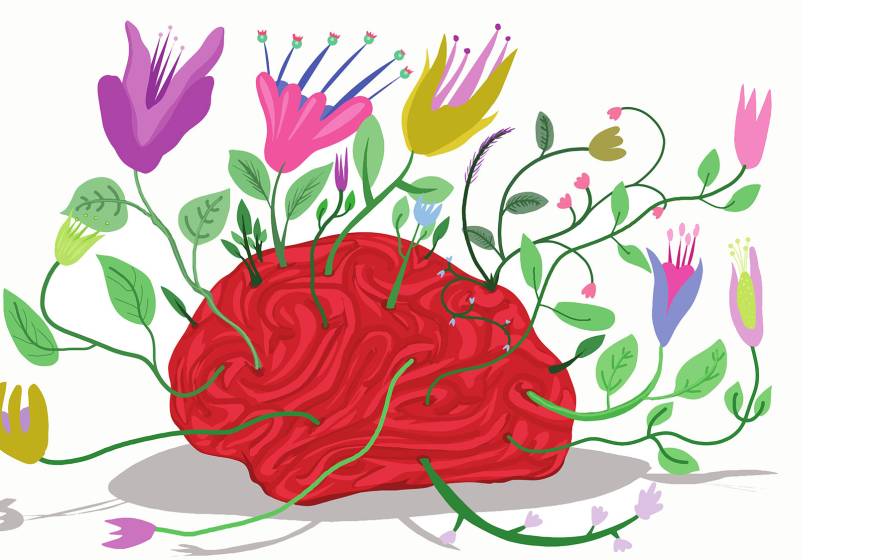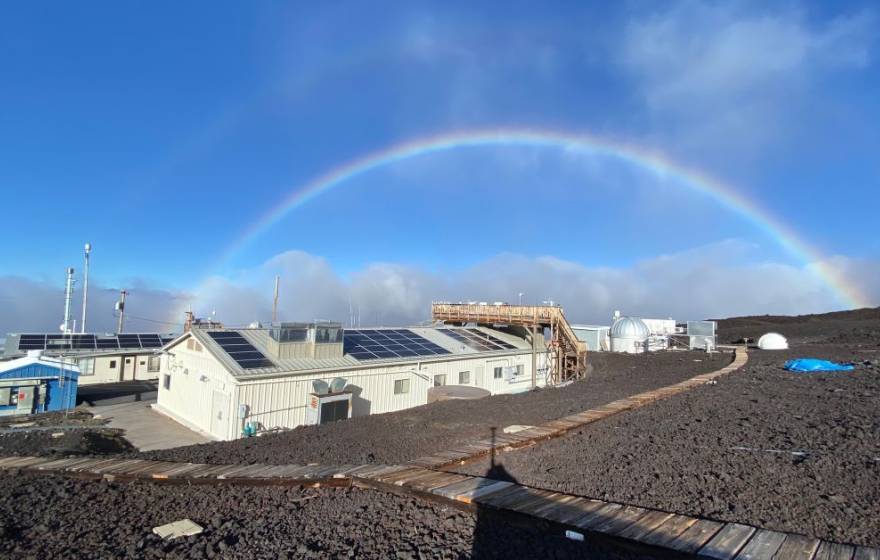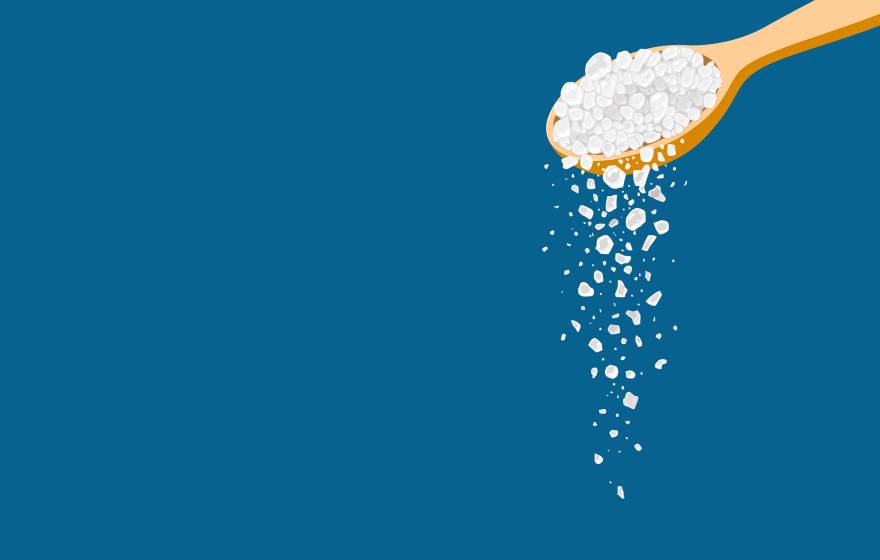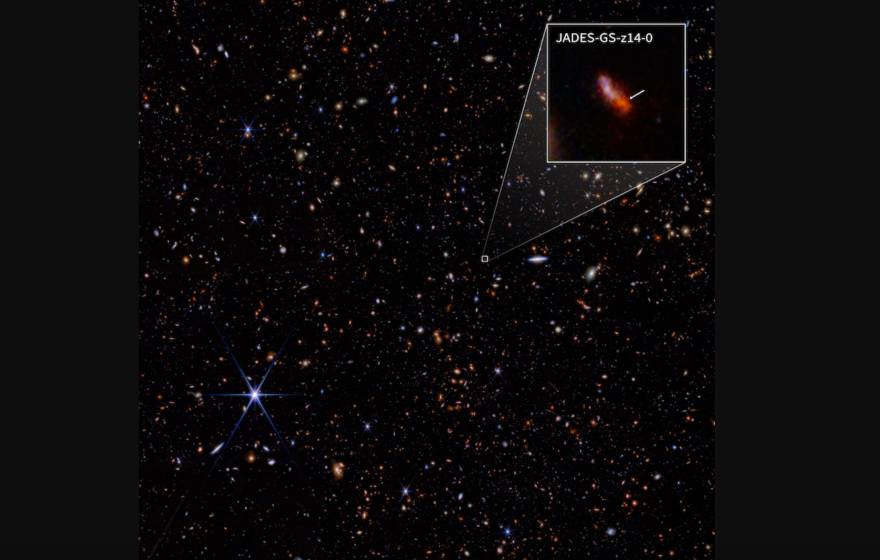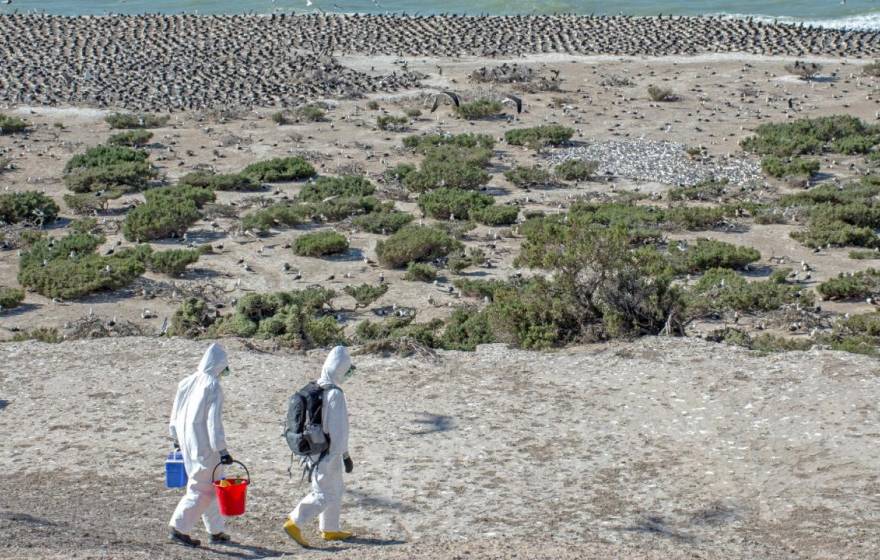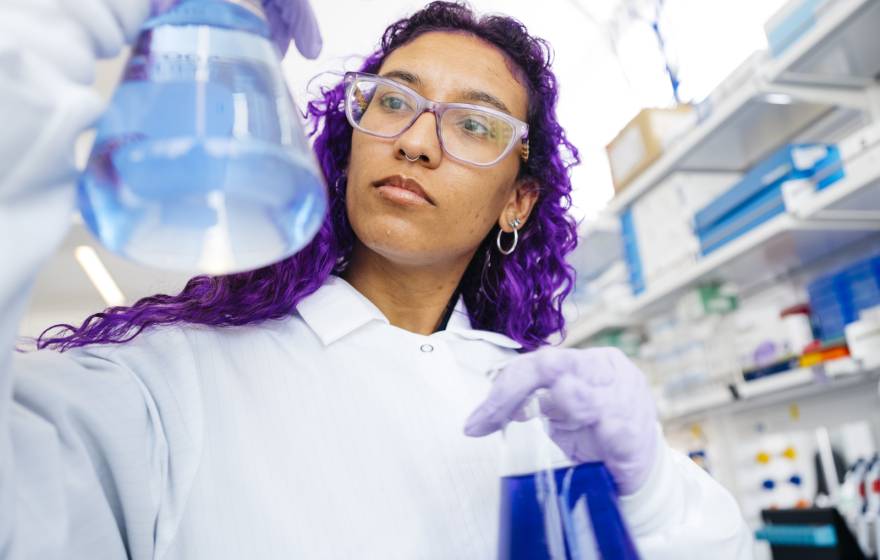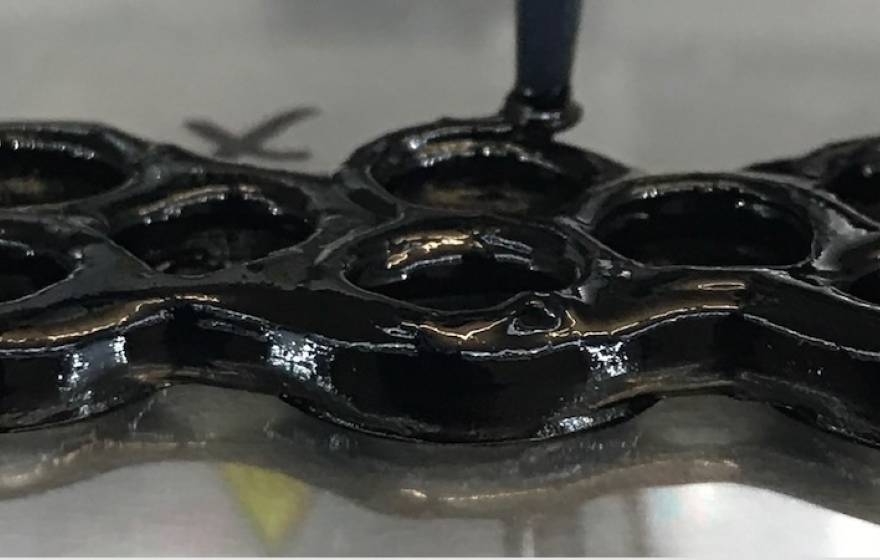UC Riverside |
Ancient ocean slowdown warns of future climate chaos
Ocean circulation enables tolerable climate.
UC Berkeley |
Psychedelics change how we see the world. A UC Berkeley study aims to find out why.
Researchers will use neuroimaging to observe the effects of psilocybin on the human brain — in real-time.
UC Davis |
California drives toward electric future
California has ambitious plans for zero-emissions vehicles. UC Davis experts weigh in on reaching those goals.
UC Berkeley |
Can engineered plants help make baby formula as nutritious as breast milk?
Human breast milk contains a unique blend of prebiotic sugars that are tricky to replicate in commercial infant formula. New research shows that plants may be the perfect manufacturers.
UC Merced |
Remapping global history through 5,500 years of malaria
A new study has identifies trade, warfare and colonialism as major catalysts for the spread of malaria over history.
UC San Diego |
During year of extremes, carbon dioxide levels surge faster than ever
UC San Diego's long running study garners alarming climate data. The good news is, global fossil fuel use has plateaued in recent years.
UC San Francisco |
Is the reason 1 in 10 Americans get eczema too much salt?
A new study finds that changes in daily salt intake may explain eczema flares.
UC Santa Cruz |
Earliest, most distant galaxy discovered with James Webb Space Telescope
Galaxy dates back to 300 million years after the Big Bang.
UC Davis |
Bird flu is increasingly adapting to mammals
Elephant seal outbreak marks first transnational spread of highly pathogenic avian influenza (H5N1) in mammals.
UC Newsroom |
UC leads the nation’s universities in patents for second year running
The U.S. Patent and Trade Office granted UC inventors 546 utility patents in 2023.
UC Davis |
When should you neuter or spay your dog?
A new study provides updated guidelines to decrease risk of certain cancers and joint disorders.
UC Merced |
Stretchy material that gets stronger when hit has exciting potential
UC Merced inventors say the substance could improve smartwatches and flexible electronics for health monitoring, such as cardiovascular sensors or continuous glucose monitors.

